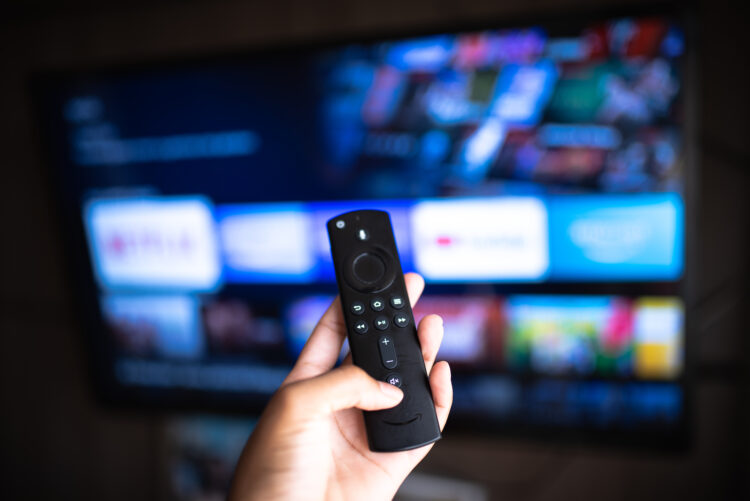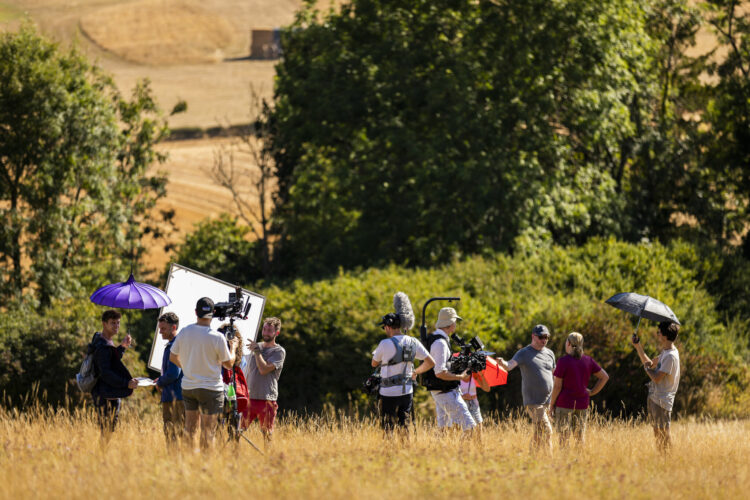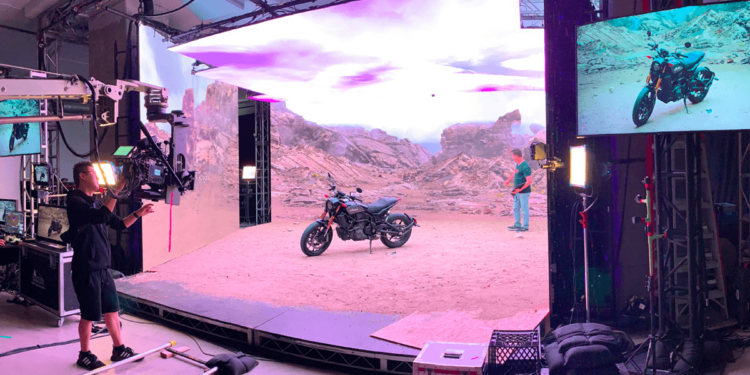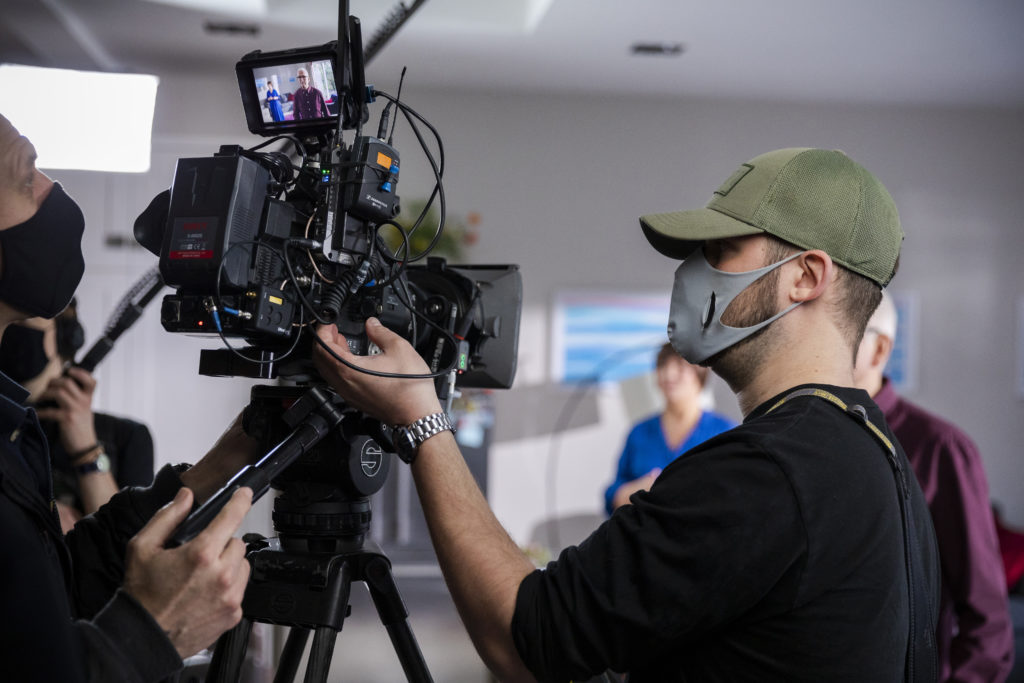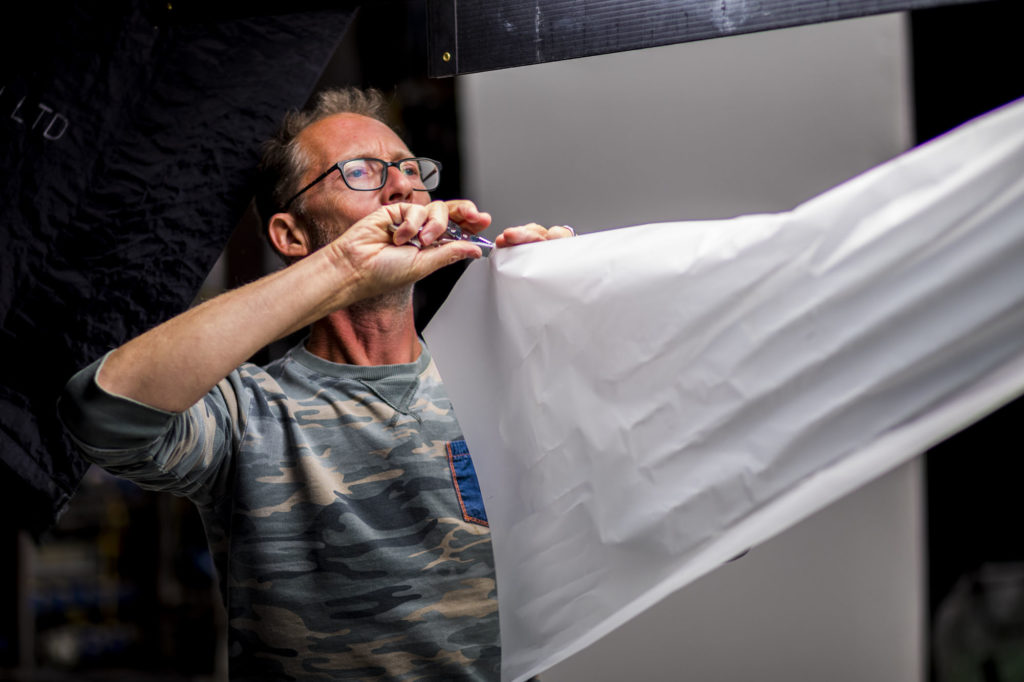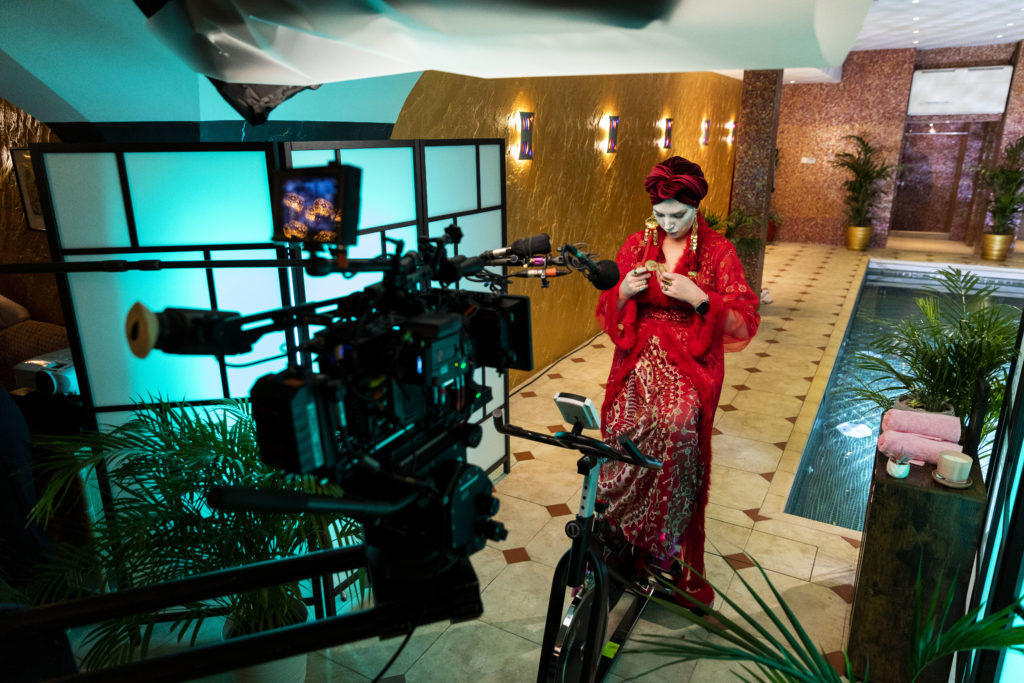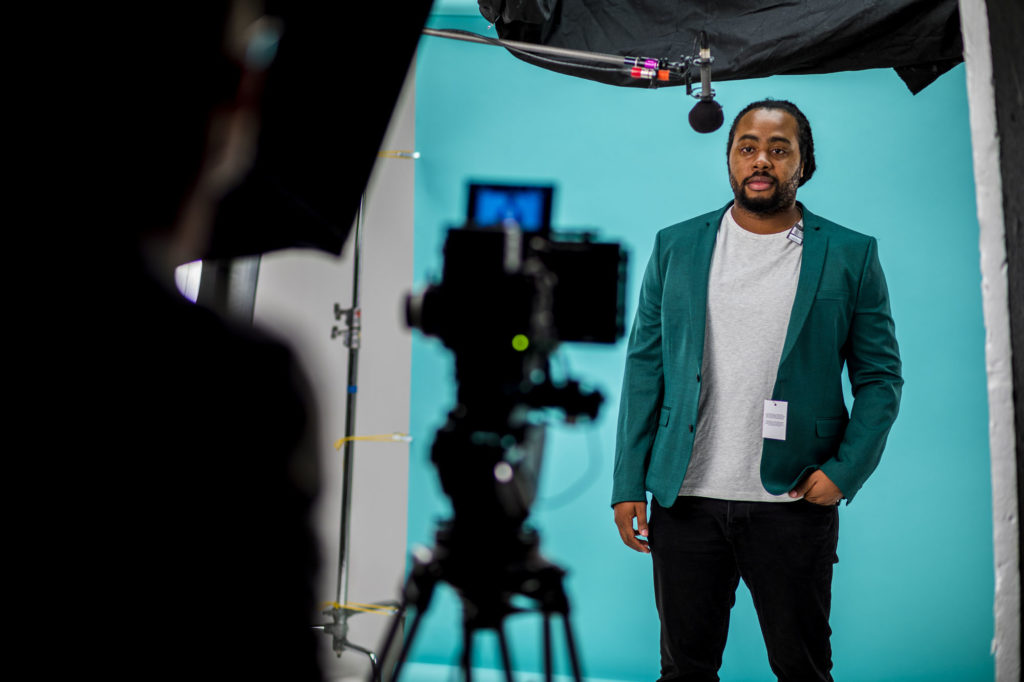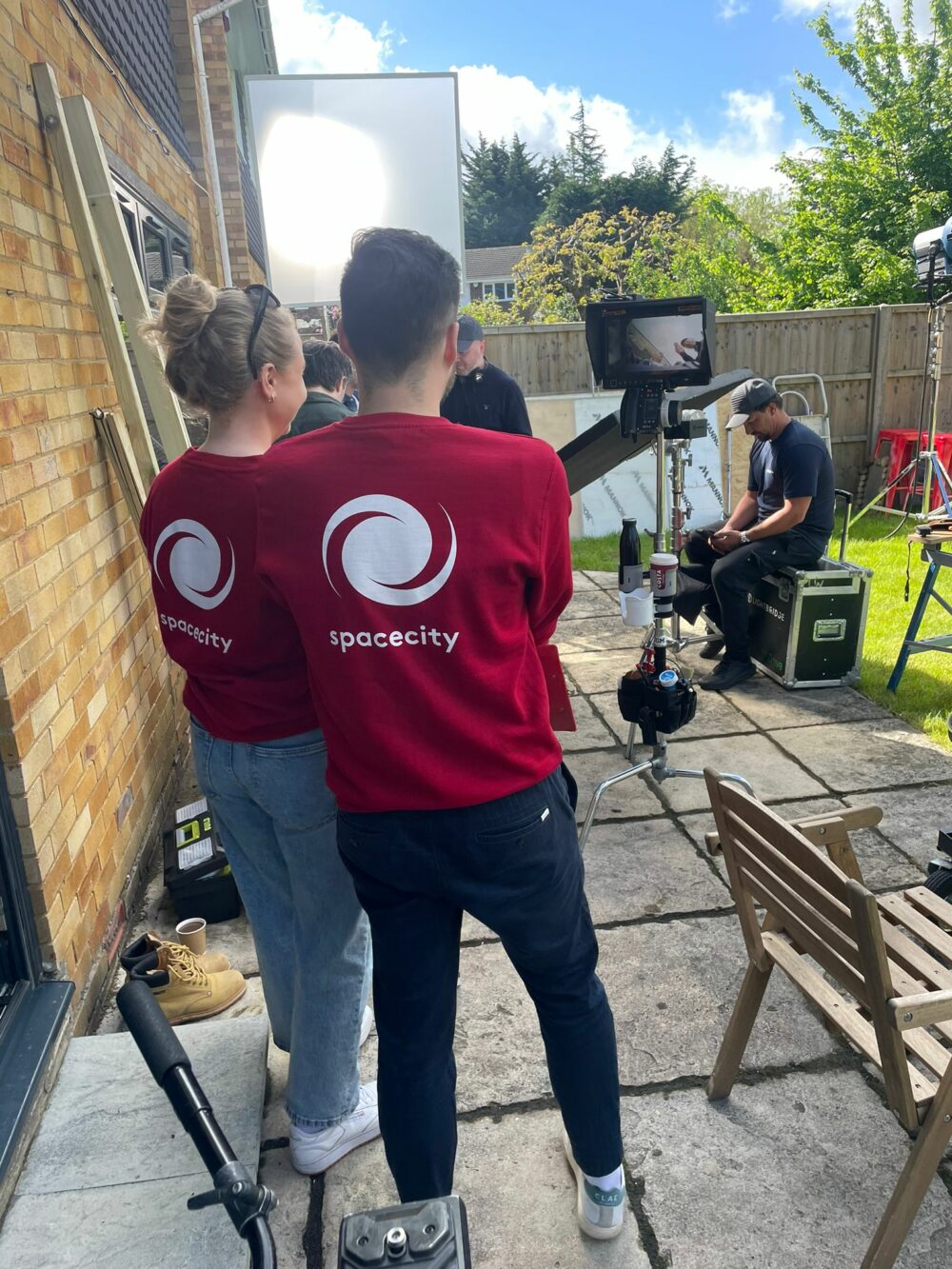Advertising production can be a swift or convoluted process, but what does your business need to consider before an advert is produced?
PRODUCTION In advertising is the process that will optimise or emasculate your ROI, but what does your business need to consider before advertising on TV?
From when you decide the time is right for your business to launch a TV advertising campaign — or even online and radio campaign — timing is of paramount concern, and mitigating any potential delays or strife through proactively organising certain elements beforehand, will ensure your company optimises ROI and protects itself from missing broadcast deadlines, filming anomalies or other extenuating circumstances.
Media buying and knowing your audience
The importance of understanding and ascertaining the emotive response you desire from your potential consumers is ineffable.
When you create an optimal advertising campaigns, knowing what you desire most from the campaign; your KPIs; how you want your consumers to react and why is pivotal before you enter the pre-production process.
The creative ideas that are imagined and conceptualised embody the ultimate call-to-action, or desired response from the campaign – whether it be instant response or mass awareness.
Digital innovations have helped businesses improve the insights elicited from TV — in both linear and addressable senses — thus your work before the production process begins needs to involve a level of testing as you look to target the appropriate individuals and devices.
In a media consumption sphere that is dominated by cross-platform viewing, considerations need to be made to the aspect ratios of the screens your ads will be ingested on, notwithstanding whether the call-to-action is appropriate to the device or time.

Therefore, undertaking a degree of online diligence and testing to ascertain receptiveness to certain semantic traits, will be key to optimising any pre-defined digital adverts.
If you are looking at mass-awareness linear advertising, the permutations are not as directly severe, but if you are looking to align your adverts with specific programs, you need to ensure that matters concerning clearance, filming and editing are all delivered well in advance of your scheduled on-air date.
Production schedules and mitigation
Having a timeline of the process of advertising delivery is imperative, but equally you should have periods of time beyond that production cycle to afford yourself the opportunity to amend any issues that could arise.
If your advert is not cleared, for instance, you will need to facilitate time to get your ad cleared via the clearance body for TV advertising in the UK, Clearcast.
If you do not have the substantiation to quantify any claims made, your will need to provide it in order for an ad to be cleared – it is crucial you know a creative direction will be cleared before you go into production.
Even if you have cleared an idea or script before the filming of your ad, the final ad itself needs to be separately cleared, therefore no complacency can affect your schedule and expectations of meeting broadcast deadlines.
Through providing such substantiation and footage of your final commercial once it is in broadcast-ready form, you can mitigate issues regarding changes made in an online edit — which would effect the eligibility of the clearance — by not submitting any files until you have officially signed-off the final advert, which should compliment the earlier cleared script as closely as possible.
While your schedule maybe exemplary and definitive and allowances are made for disruption, you cannot help licensing hold-ups or issues with contracts, artists or the weather.

Post-production
Before you enter the final stages of the production cycle, the strife you could face regarding inclement or disastrous weather can be rectified in an edit, contacts, artist issues and licenses cannot.
While using renowned musical scores offers mass benefits to the success of your advertising campaign, it can lead to issues concerning exorbitant costs, notwithstanding arbitrary issues that can dismantle the autonomy you have over your campaign.
Any media, therefore, should be purchased after such an event in order to safeguard your expenditure and boost ROI.
Contracts being signed before shoots will also protect your business should you face any issues on filming day.
Leaving the fate of your meticulously compared campaign to the whims of artists could cost your business the price of a shoot date, while human error can of course derail any campaign immediately.
Other than signing contracts before shoots, having insurance in place is vital – protecting your business from any losses incurred.
Ultimately, having the necessary kit to support your advert should conditions differ from your creative desire will help, but a grade in your edit that can artificially create the desired conditions is possible.
Space City has been delivering TV, online and radio advertising production for over 25 years, providing cost-effective and successful solutions for businesses around the world.
Contact the team now and ensure your business is in safe hands with the UK’s most productive advertising company.














